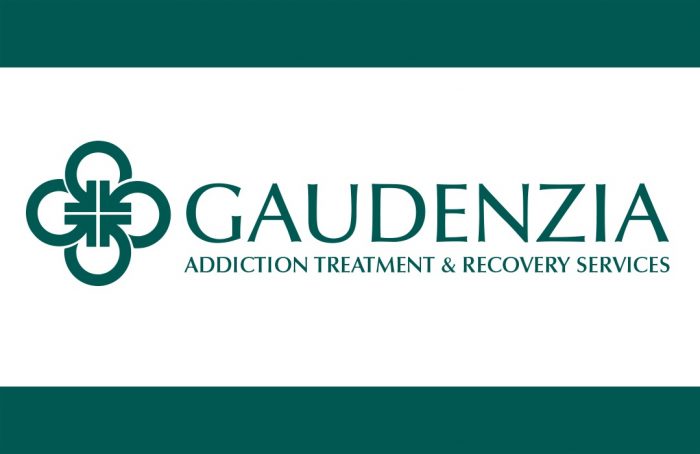SNAP Benefits Paused Starting November 1
Information provided by The Arc Alliance:
Due to the federal government shutdown, SNAP (food stamp) benefits will not be paid starting November 1, 2025.
5 THINGS YOU NEED TO KNOW:
1) FEDERAL SHUTDOWN
SNAP benefits will be temporarily stopped beginning November 1, 2025. Payments will resume once the shutdown is over and funding is restored. Visit here to read more.
2) EBT CARDS
Starting November 1, EBT networks may be shut off at grocery stores and retailers. This means you may not be able to use any remaining balance on your EBT card after October 31.
3) FOOD RESOURCES
The Arc Alliance has created a Food Resource Page with local Food Banks and Food Pantries by county. These are separate from SNAP, but please note — they may become very busy as many Pennsylvanians seek help. Visit for the Food Resource Page.
4) LOCAL CHURCH PANTRIES
Church food pantries often have more flexibility than larger food banks because they don’t rely on government funds. We recommend contacting your local church or parish to ask about their food support options. (Some are listed on our Food Resource Page.)
5) QUESTIONS ABOUT SNAP BENEFITS
If you have questions about your benefits, contact your County Assistance Office (CAO) and speak with your caseworker. Find your CAO’s contact information here.
The Arc Alliance is here to support you and your family during this difficult time. Please share this information with others who may be affected.
RCPA Shares White Paper on IBHS: The Case for Center-Based Services
RCPA November Finance and Reimbursement Committee Meeting Cancelled
RCPA and Greenspace to Host Part 2 of “Unlock Better Outcomes With MBC” Webinar on November 10
DDAP Postpones 2025 Emerging Drug Trends Symposium
The Pennsylvania Department of Drug and Alcohol Programs (DDAP) Emerging Drug Trends Symposium, originally scheduled for Tuesday, November 18, has been postponed. The event will now take place on Tuesday, March 31, 2026.
All individuals who previously registered have been automatically re-enrolled for the new date. Those unable to attend on the new date are asked to cancel their registration in DDAP’s Training Management System to allow others to register.
OMHSAS Releases Proposed Licensure of Crisis Intervention Services Regulations
The Office of Mental Health and Substance Abuse Services (OMHSAS) has announced that the proposed Licensure of Crisis Intervention Services regulations will be published in the Pennsylvania Bulletin on October 18, 2025. The package is also posted on the Independent Regulatory Review Commission (IRRC) website and can be found here. OMHSAS’ proposed regulation seeks to codify minimum standards for the issuance of licenses to provide emergency behavioral health crisis intervention services (crisis intervention services) in the Commonwealth in alignment with national best practices for crisis services.
Starting October 18, 2025, and closing November 17, 2025, the public may submit written comments regarding the proposed rulemaking to the Department via email. Please be aware that all public comments must be published verbatim on the IRRC website with the name of the commenter included. OMHSAS fully supports and encourages individuals with lived experience to submit comments on the regulation, but please be sure you are comfortable with the content of your comment being made public with your name.
Comments may also be submitted to the following address:
Department of Human Services
OMHSAS – Bureau of Policy, Planning, and Program Development, Attention: Tara Pride
Commonwealth Tower, 11th Floor
303 Walnut Street
Harrisburg, Pennsylvania 17105
RCPA will be convening a Crisis Intervention Regulatory Review Team to evaluate the proposed regulations and submit comments. If any member is interested in participating in the review group, please contact Emma Sharp.
RCPA Member Gaudenzia Strengthens Operational, Clinical, and Research Capacity Amid Nonprofit Challenges
PA Family Network Announces November 2025 Workshops
Please share these important workshops and support groups with your networks! Register for upcoming events at PA Family Network’s website.
Good Life Group, Support Groups
- Caregiver Support Group: Wednesday, November 5, and Tuesday, November 18
- Sibling Good Life Group: Wednesday, November 24
- Using the LifeCourse to Plan and Problem Solve: Part 1 & 2: Tuesday, November 4, and Tuesday, November 11
- Peace of Mind Long-Term Planning, Siblings: Wednesday, November 5
- Transitions Through the LifeSpan: Friday, November 7
- Transiciones a lo largo de la vida: Jueves 13 de Noviembre
- Peace of Mind Long-Term Planning: Wednesday, November 19
Good Life Group, Support Groups
- Advanced Waiver Workshop: Monday, November 3, and Monday, November 10
- Waiver Basics: Friday, November 14, and Friday, November 21


















